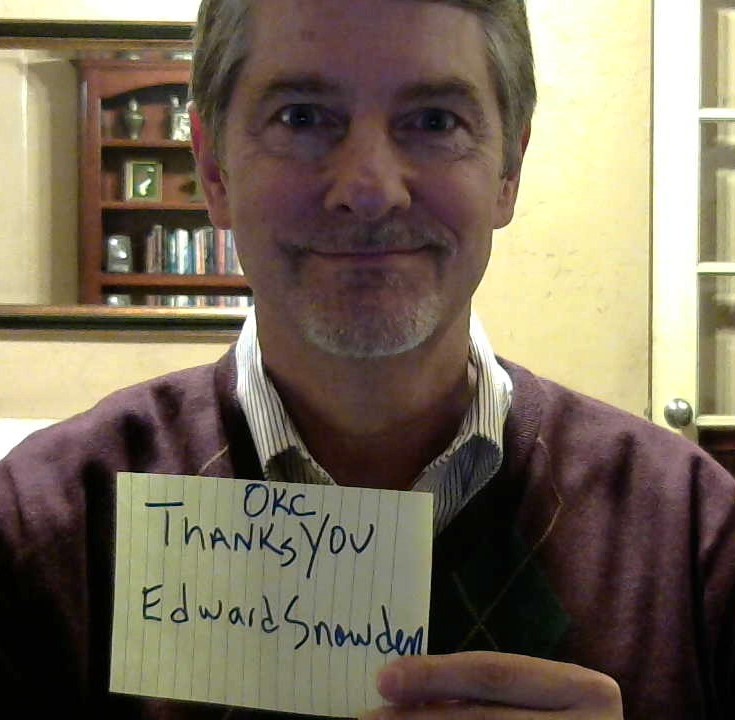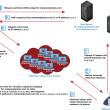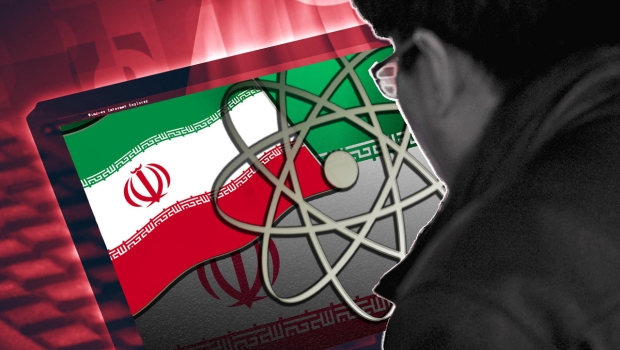NSA‘s whistleblower Edward Snowden will not be expelled from Russia when his year-long asylum ends in August this year, said a Russian Lawmaker.
Speaking at the World Economic Forum in the Swiss ski resort of Davos about the future of US power, Alexey Pushkov, the Head of Foreign Affairs Committee, said that Snowden, “will not be sent out of Russia.”
Snowden has invitation from Brazil and several other Central American countries, but Russian authorities have affirmed that Snowden is free to stay in Russia until he is ready to return to the US.
It is unlikely that Snowden will return to the US. Recently, in an online chat, Snowden said that his returning to the US may be the best resolution for all parties, but it is unfortunately not possible because the US laws dealing with protection of whistle-blowers cover only government workers and do not include private contractors like him.
On the other hand, US government has made it clear that they would not grant any clemency to Snowden, the former NSA contractor charged with espionage. However, it is ready to talk to his lawyers if he wants to return to the US to plead guilty, said the top US legal official, Attorney General Eric Holder.
Snowden is charged with leaking vast US intelligence reports in last 17 months, causing national and international outrage, and sparking extensive debates about the scope of surveillance.
President Obama had recently called for changes in government policy on surveillance, the most notable being the phone data collection. Although he did say NSA will not be collecting the metadata, he also mentioned that data collection however will continue hinting third-party collaboration.
Recently, the US privacy-policy board concluded phone data collection by the NSA to be illegal. The five-member Privacy and Liberty Oversight Board reported that data collection has minimally helped the US government in thwarting terrorist attacks.
Additionally, the board has also asked, “should we be collecting bulk data and under what standards?” The board’s conclusion further increases challenges for the President who is being pressurized by phone and internet companies, civil libertarians and some congress members to restructure the NSA’s surveillance boundaries.
Having said that, it needs to be emphasized that the board is divided in its conclusion (3 in favor and 2 against). The division may impact the acceptance of the conclusion highlighting the complexities associated with balancing security and democratic liberties.









